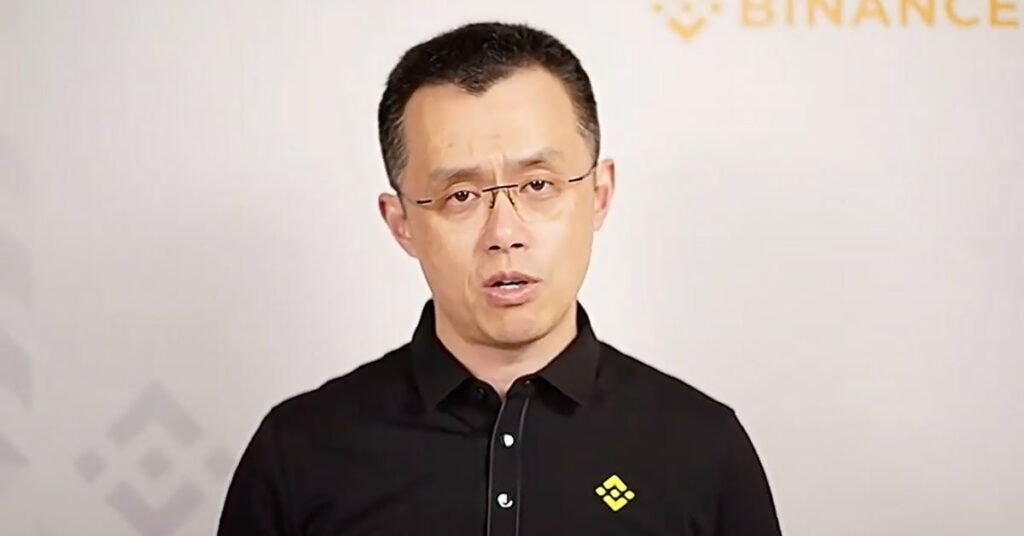
A
federal
judge
dismissed
part
of
the
U.S.
Securities
and
Exchange
Commission’s
(SEC)
lawsuit
against
crypto
exchange
Binance
and
founder
Changpeng
Zhao,
but
allowed
other
charges,
including
charges
against
the
holding
company
for
Binance.US,
to
proceed.
In
a
late
Friday
order,
Judge
Amy
Berman
Jackson,
of
the
District
Court
for
the
District
of
Columbia,
ruled
that
the
SEC’s
charges
against
Binance
for
the
initial
coin
offering
and
ongoing
sales
for
BNB,
BNB
Vault,
staking
services,
failure
to
register
and
fraud
charges
can
proceed.
She
granted
Binance
and
Zhao’s
motion
to
dismiss
charges
tied
to
secondary
BNB
sales
and
Simple
Earn.
The
SEC
sued
Binance,
Binance.US
and
Zhao
last
summer,
alleging
the
exchanges
were
offering
unregistered
broker,
trading
and
clearing
services
in
the
U.S.
for
unregistered
digital
asset
securities.
The
regulator
has
brought
similar
charges
against
Coinbase,
Kraken
and
–
as
of
Friday
morning
–
Consensys
and
MetaMask.
The
SEC
had
brought
a
plausible
claim
under
most
of
the
charges
it
filed,
Judge
Jackson
wrote
in
her
order
Friday.
“The
Court
notes
that
several
of
the
district
courts
presented
with
SEC
enforcement
actions
involving
cryptocurrencies
have
taken
pains
to
differentiate
the
alleged
investment
contracts
from
the
tokens
themselves,”
she
wrote.
“…
The
Court
finds
these
observations
to
be
clarifying
and
persuasive,
as
the
differentiation
is
consistent
with
the
Supreme
Court’s
earliest
pronouncements
concerning
the
meaning
of
the
term
‘investment
contract’
buried
within
the
lengthy
list
that
comprises
the
definition
of
a
‘security.'”
Zhao
is
currently
serving
a
4-month
sentence
tied
to
a
sanctions
violation
charge
brought
by
the
Department
of
Justice
and
the
Treasury
Department.
The
SEC’s
case
against
him
is
separate
from
this
criminal
charge.
The
judge
cited
Judge
Analisa
Torres’
2023
ruling
in
the
SEC’s
case
against
Ripple
Labs
in
granting
Binance’s
motion
to
dismiss
the
secondary
BNB
sales
claim,
saying
the
economic
reality
of
the
tokens’
transactions
mattered
to
the
application
of
securities
law.
Like
other
judges,
Judge
Jackson
rejected
arguments
that
the
SEC
can’t
bring
enforcement
actions
against
crypto
entities
under
the
“major
questions
doctrine,”
a
Supreme
Court
precedent
that
said
Congress
must
direct
federal
agencies’
authorities
when
it
comes
to
significant
industries.
“The
Court
has
not
been
given
grounds
to
find
that
the
industry,
while
important,
has
the
broad
reach
that
has
motivated
courts
to
apply
the
doctrine
to
other
industries,”
the
judge
wrote
Friday.
The
judge
scheduled
a
hearing
for
July
9.